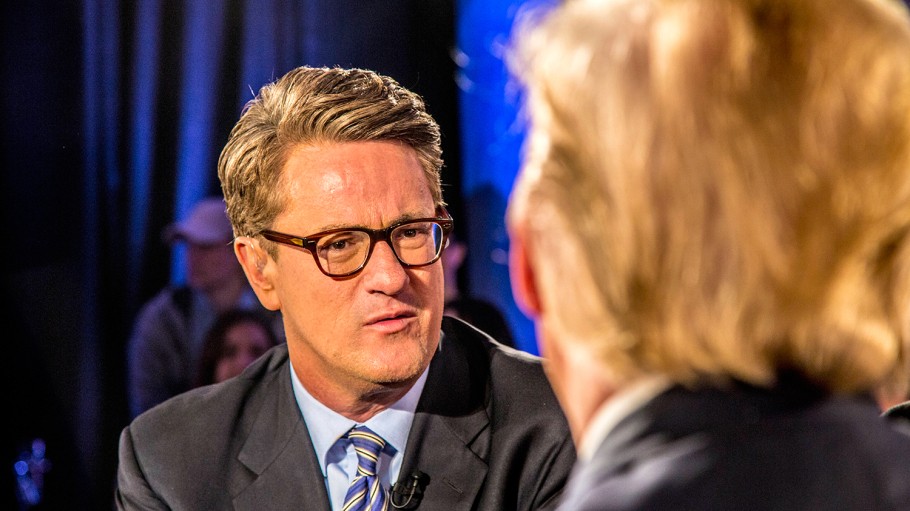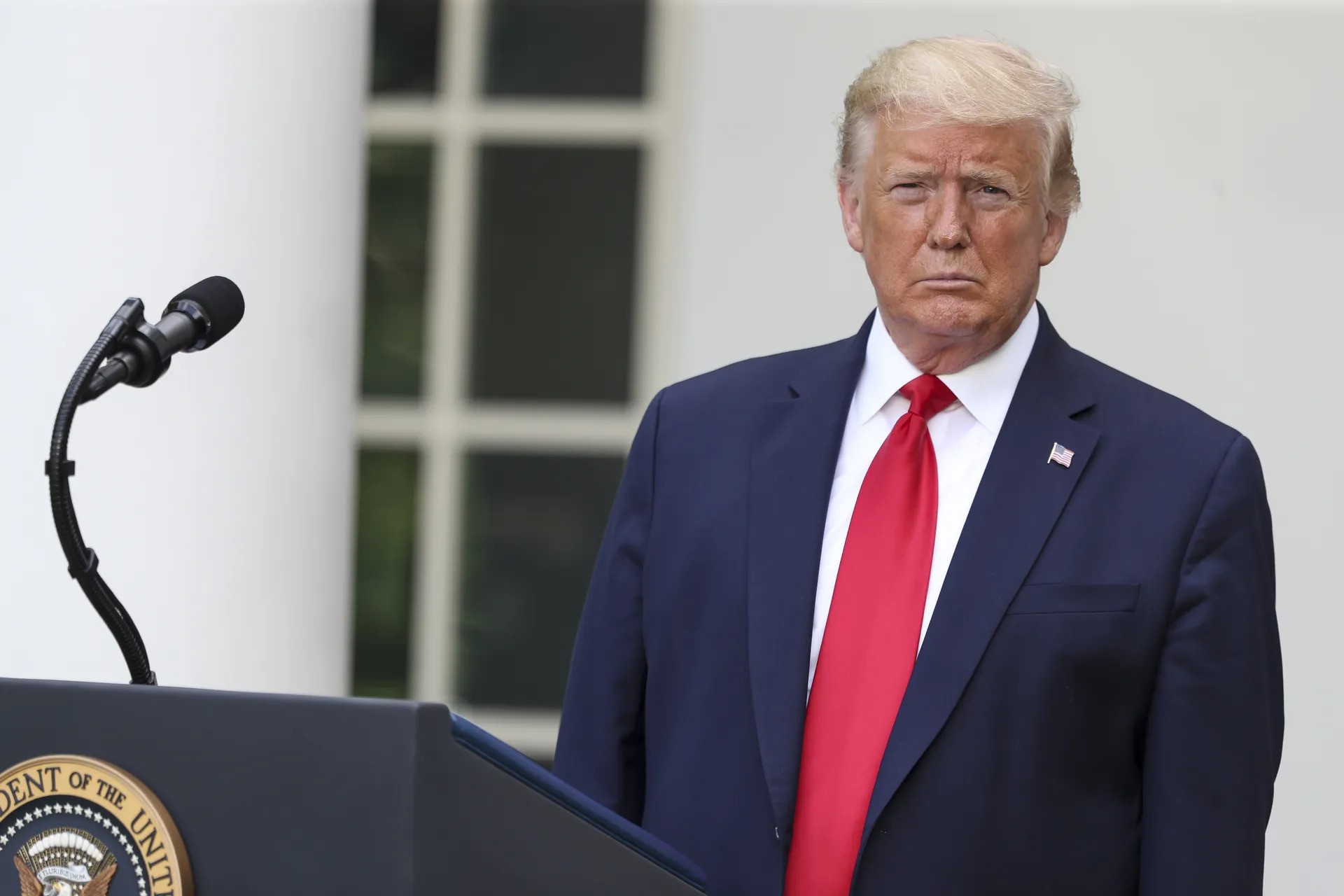MSNBC’s Joe Scarborough delivered a fiery critique on Wednesday, targeting the mainstream media for their alleged obsession with maintaining “objectivity” when reporting on former President Donald Trump. Scarborough believes this approach undermines the media’s responsibility to fully convey what he perceives as the real threat posed by Trump to the nation.
Scarborough didn’t mince words when discussing the media’s approach, accusing them of soft-pedaling Trump’s actions under the guise of impartiality. He specifically referenced Trump’s visit to Arlington National Cemetery, where Trump met with Gold Star families who had lost loved ones in the Abbey Gate bombing during the U.S.’s tumultuous withdrawal from Afghanistan.
Scarborough’s Criticism of Media Objectivity
“They still are engaging, even at this late hour, in moral relativism and saying, ‘Yeah, but, yeah, but,’”
Scarborough said, lamenting that despite Trump being a central figure in politics for over nine years, the media still struggles to handle him appropriately. He expressed frustration that media outlets treat Trump as if he were just another candidate in a typical election year.

Scarborough made it clear he felt the media’s approach to Trump lacks urgency, saying, “They still are engaging, even at this late hour, in moral relativism and saying, ‘Yeah, but, yeah, but.’ And again, they just — again, they have — they just don’t know how to put it in proper perspective because, as I said yesterday, they are so concerned about being objective that they’re treating this race like it was 1996 Clinton versus Dole or 2004 Bush versus Kerry”
He emphasized the danger of this so-called “objectivity,” adding,
“Their objectivity actually is not objective at all. It ends up playing to Donald Trump’s advantage every day because they are so numbed by the hate, the hate speech that is spewed out of his mouth for the past nine years.”
Data Paints a Different Picture
Despite Scarborough’s impassioned criticism, the data tells a different story. The Media Research Center (MRC) released findings this year showing that news coverage of Trump remains overwhelmingly negative. According to the MRC, “In just four weeks, these newscasts aired 158 negative statements (excluding partisan comments) about the former President, compared to just 19 positive comments, for a good press/bad press score of 89% negative.”
This data runs contrary to Scarborough’s claim of the media being too objective, as statistics show the former president has faced significantly negative coverage. The findings suggest that while Scarborough believes the media isn’t tough enough on Trump, their reporting tells a different tale.
Kamala Harris Coverage vs. Trump’s
While Trump is receiving the brunt of the media’s negative attention, the Media Research Center also revealed that Vice President Kamala Harris has enjoyed a much more favorable reception. MRC found that Harris has received significantly more airtime and more positive coverage than Trump. “Not only has Harris received 66% more airtime than former President Donald Trump, but the spin of Harris’s coverage has been more positive (84%) than any other major party nominee, even as Trump’s coverage has been nearly entirely hostile.”

This contrast in coverage, according to MRC, highlights a substantial difference in how the media approaches Harris compared to Trump. Scarborough’s frustration seems rooted in the belief that Trump’s media treatment is far too lenient, but the numbers suggest otherwise.
Scarborough’s Media Strategy
Scarborough’s critique of the media reflects a broader debate about how journalists should approach figures like Trump. While some believe in maintaining a neutral stance, Scarborough appears to call for a more assertive and unflinching approach, especially when the stakes are high. His comments underscore the tension within the media as they grapple with the challenge of covering polarizing figures like Trump.
Though his remarks paint a picture of a media too concerned with balance, the data speaks for itself—Trump continues to face significant media scrutiny.
Scarborough’s fiery stance on media “objectivity” raises important questions about the role of journalism in today’s politically charged environment. As media outlets wrestle with maintaining their objectivity, the debate over how best to cover Trump—and what constitutes fair reporting—remains central to public discourse. While Scarborough insists the media is too soft on Trump, the MRC’s data reveals an overwhelmingly negative narrative surrounding the former president’s coverage, sparking a complex discussion about journalistic ethics, bias, and truth in reporting.



